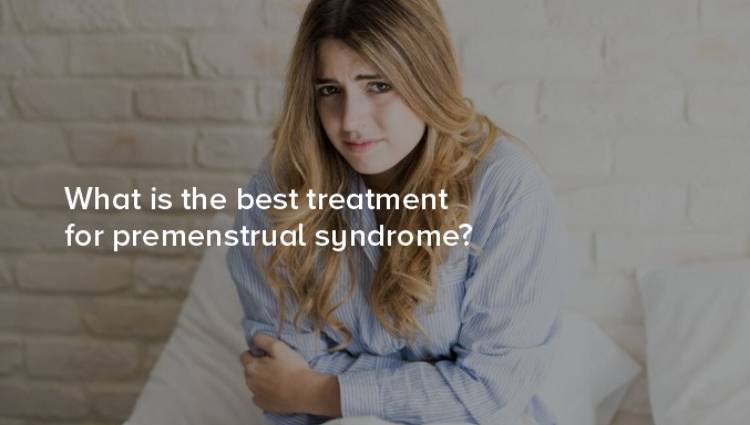
Every woman knows the struggle of premenstrual syndrome (PMS). The bloating, cramps, mood swings, and headaches can leave anyone feeling miserable for days or even weeks leading up to their period. Fortunately, there are many treatment options available to help alleviate PMS symptoms.
Lifestyle Changes
The first step in treating PMS is to make some lifestyle changes. This might mean eating a healthier diet, getting more exercise, or reducing stress. Some studies have found that regular exercise can help alleviate PMS symptoms like mood swings and bloating, while reducing caffeine and alcohol can help ease anxiety and irritability. Additionally, getting plenty of sleep and finding healthy ways to manage stress, such as through meditation or yoga, can also make a big difference in managing PMS symptoms.
Over-the-Counter Medications
Many over-the-counter medications are available to help reduce PMS symptoms. These include nonsteroidal anti-inflammatory drugs (NSAIDs) like ibuprofen and naproxen, which can help relieve cramps, headaches, and body aches. Additionally, over-the-counter diuretics can help reduce bloating and water retention, while antihistamines can help reduce mood swings and irritability. However, it’s important to talk to your healthcare provider before taking any new medications, as some may interact with other medications you’re taking or have other side effects.
Hormone Therapy
Hormone therapy is another common treatment option for PMS. This involves taking supplemental hormones, such as estrogen or progesterone, to help regulate hormone levels and reduce symptoms like mood swings and cramps. Hormone therapy can be effective for some women, but it’s important to work with your healthcare provider to find the right dose and form of hormone therapy for you, as it can come with some risks and side effects.
Alternative Remedies
Many women turn to alternative remedies to help manage PMS symptoms. These can include herbal supplements like chasteberry or black cohosh, acupuncture, or massage therapy. While there is limited scientific evidence to support the effectiveness of these remedies, some women do find that they help reduce their PMS symptoms.
Prescription Medications
For women whose PMS symptoms are severe and interfere with daily life, prescription medications may be necessary. These can include antidepressants that help regulate mood and reduce anxiety, or prescription diuretics that help reduce water retention and bloating. As with hormone therapy, it’s important to work with your healthcare provider to find the right medication and dosage for your specific needs.
Conclusion
While premenstrual syndrome can be a frustrating and uncomfortable experience, there are many treatment options available to help alleviate symptoms. Making lifestyle changes, taking over-the-counter medications, exploring hormone therapy and alternative remedies, and talking with your healthcare provider about prescription medication are all ways to find relief. Remember, every woman’s experience with PMS is different, so it may take some trial and error to find the right treatment plan for you. By being patient and persistent, you can reduce your PMS symptoms and reclaim control of your life.